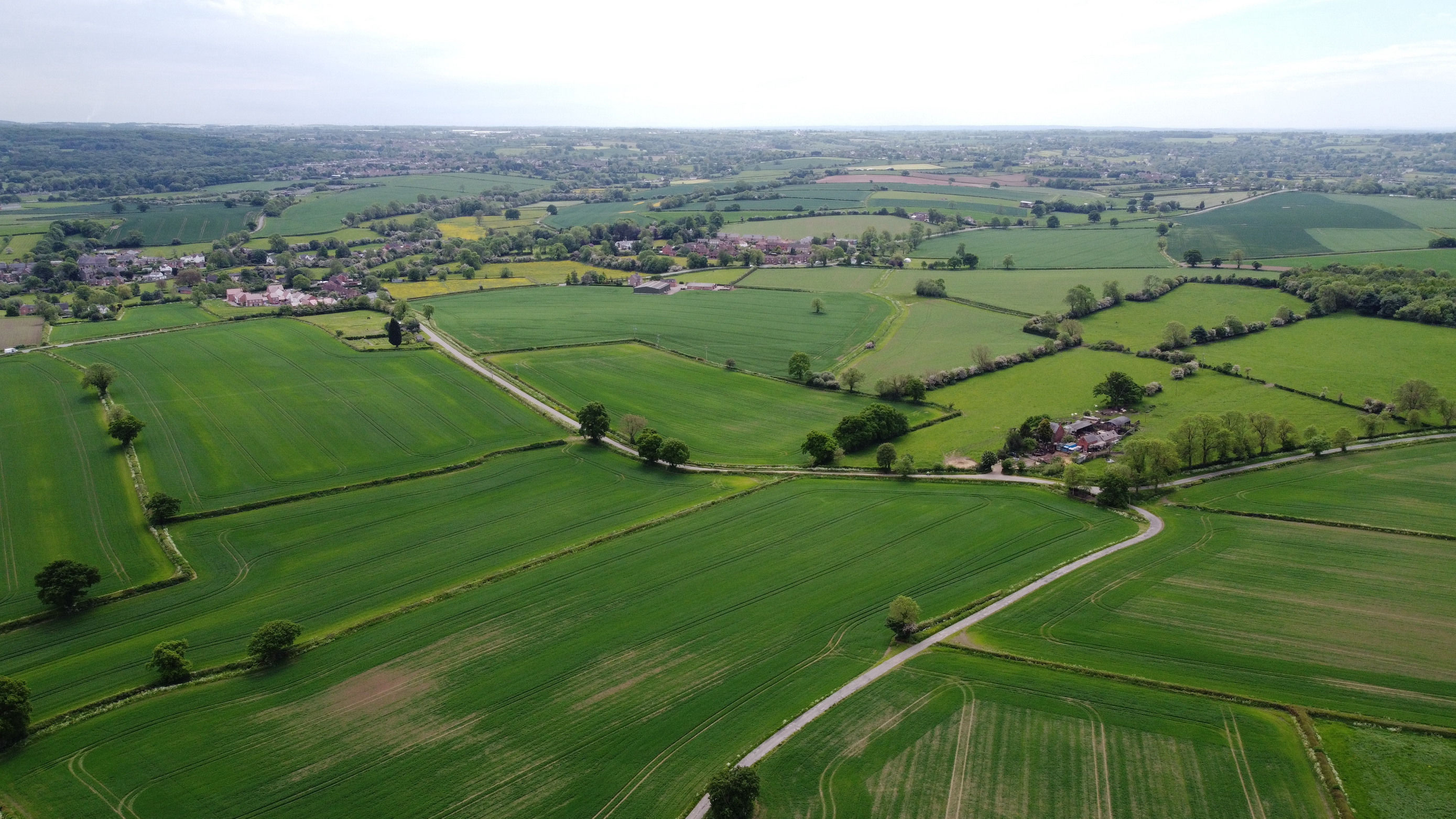The end of farming subsidies and the road ahead
30/05/2023


According to the Department for Environment, Food and Rural Affairs (DEFRA) more than £168m of funding will be available in 2023 through a variety of grants.
Mather Jamie Director Amy Biddell specialises in estate management, land development, compulsory purchase and compensation and rural land and property matters. She is also one of the firm’s principal agricultural Valuers, registered to carry out RICS “Red Book” valuations.
In this article, she outlines the changes to expect to farming subsidies and explains eligibility criteria.
The End of the Basic Payment Scheme
Basic Payment Scheme (BPS) subsidies (previously known as IACS and Single Farm Payment) have been a part of most farmer and landowner lives for 30 years, but the era of direct payments is ending with 2023 being the last scheme year for BPS applications.
From 2024 until they are completely phased out in 2027, BPS payments will be ‘delinked’, meaning that the payments during these years will be paid based on a reference amount, being essentially the total of your 2020, 2021 and 2022 claims, divided by three, with the payment reducing by a greater percentage each year. After 2023 these ‘delinked’ subsidies will be paid without the need to submit an annual claim or hold land or entitlements.
More information on the BPS delinking can be found here: Delinked payments: replacing the Basic Payment Scheme - GOV.UK (www.gov.uk)
So, what alternative grants and schemes are available for farmers and landowners?
Farmers and landowners will now need to look at alternative ways to support their farming businesses and boost profitability through diversification into new areas such as renewable energy, tourism & hospitality, retail and environmental improvement and enhancement schemes.
DEFRA has various grants available for farmers and landowners and stated in a recent blog article that over £168m worth of funding will be available in 2023 through a variety of grants.
DEFRA Grant schemes open for applications covering arears such as supporting tree health, funding animal health & welfare and supporting farming in protected landscapes, as well as standalone capital grants through Countryside Stewardship including improving boundaries, trees & orchards, water quality, air quality and natural flood management.
For more information on grants available in 2023 see the DEFRA farming blog: Grants available in 2023 - Farming (blog.gov.uk) or the funding for farmers and land managers page for the up-to-date list of grants available: Funding for farmers and land managers - GOV.UK (www.gov.uk)
In addition to Government-backed grants there are also a variety of schemes in the region available through other organisations such as Severn Trent Water and The National Forest.
SEVERN TRENT’S ENVIRONMENTAL PROTECTION SCHEME (STEPS)
Severn Trent Water’s STEPS grant scheme targets water quality and offers farmers and landowners financial and technical support to invest in tailored solutions to help tackle diffuse water pollution and protect and maintain biodiversity and the natural environment.
‘Spring STEPS’ is another element of this funding and offers biodiversity grant options aimed at improving and enhancing farm biodiversity and enabling projects ranging from winter bird feeding, wildflower meadow creation, and woodland creation.
The scheme as a whole has already awarded over 2,000 grants to farms across the Midlands, with projects ranging from pesticide washdown areas, to cover crops and biofilters.
For more information on STEPS and Spring STEPS and to check eligibility see: Severn Trent's Environmental Protection Schemes | Farming for water | Working with farmers and land managers | Environment | About Us | Severn Trent Water (stwater.co.uk)
NATIONAL FOREST
For those farmers and landowners whose land falls within the National Forest, there are various grants available for woodland creation and woodland management, as well as grants for sustainable tourism and local community access for health and wellbeing.
If the thought of covering your land completely with trees is less than desirable, the National Forest are also offering a Park and Woodland pasture scheme, which combines livestock grazing with tree planting and woodland management. Grants: Parkland | National Forest
The Freewoods scheme aims to help create small woodlands of less than one hectare in size and has been designed to help tackle economic and environmental concerns over 3 key areas including Environmental/Commercial, Conservation/Landscape and Amenity. Grants: Freewoods | National Forest
For the full list of National Forest grants available see: Grant Opportunities | National Forest
A DEFRA spokesperson said:
“As direct payments are phased out, we are reinvesting the full £2.4bn into the farming sector each year throughout this parliament, through SFI, our other environmental land management schemes, and one-off grants. A small degree of underspend in 2021/22 has been made available for schemes in 2022/23.
We are now accelerating and expanding our payment offer so that there’s something on offer for every farmer. We launched the Sustainable Farming Incentive in 2022 – more than 2,000 farmers are already part of the scheme and we expect this number to continue to rise over the coming months.”
Advice from Amy
“Change is coming and farmers and landowners need to start acting now to consider how they will adapt or diversify their farming businesses to manage this change and loss of direct income.”
Next steps
Mather Jamie has experience in helping farmers and landowners diversify, appoint tenants and also apply for grants.
For further information on the above or assistance with planning for the future please contact a member of our Rural Team.



